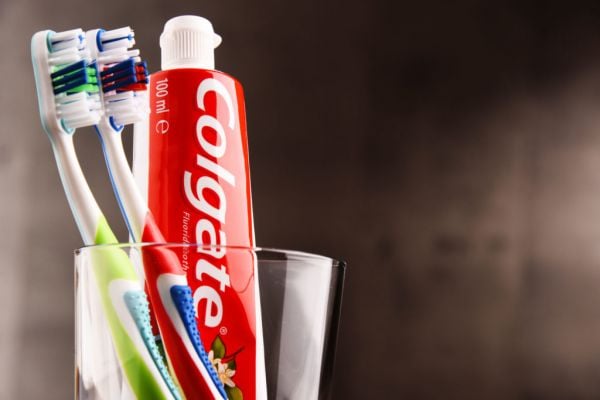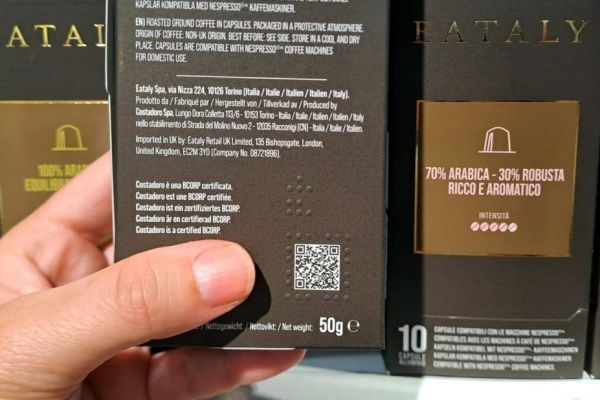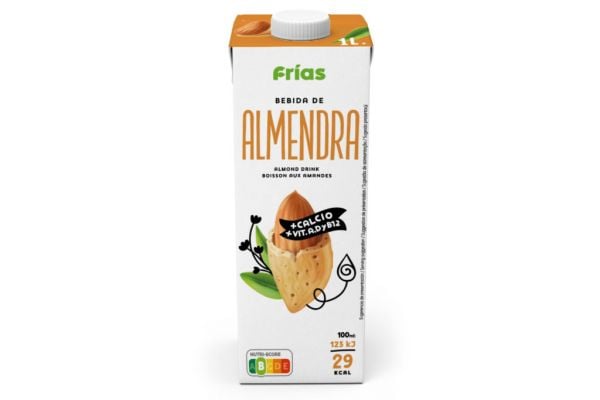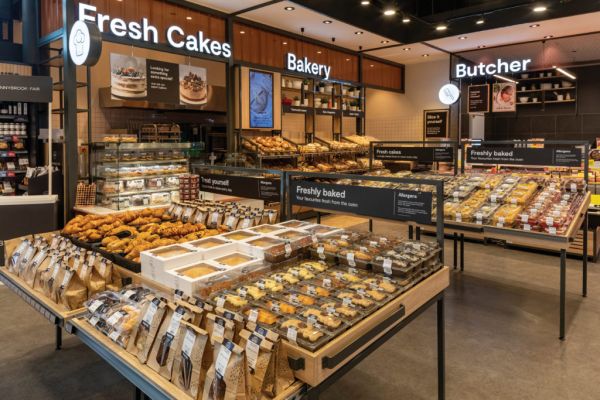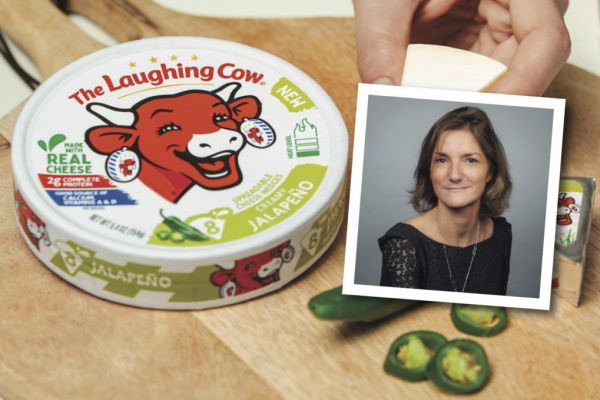Lennard Markestein, managing director – unit dosing at McBride, a leading supplier of private label and contract manufactured cleaning products, discusses the shift in consumer buying behaviour from brands to private label.
The fact that more and more consumers have been turning to affordable, private label cleaning brands over the past few years isn’t particularly surprising.
A cascade of political and economic upheaval has ensured that the cost-of-living crisis is entering its third year and buying habits have naturally tended towards the products that deliver a balance between price points and performance.
What is less obvious, however, are the signs that this shift in buying isn’t a temporary measure. Changes in the market indicate that the success of private label products isn’t as tightly bound to the struggles of the wider economy as previously thought and that an increasing number of consumers are turning to more affordable cleaning products not out of necessity but by preference.
But what’s driving this behaviour, and how long is it likely to last?
Cost-Of-Living Cutbacks
The roots of the shift towards private brand cleaning products lie in the ongoing cost-of-living crisis, which has seen inflation outstrip wages for three years in a row. This economic squeeze has left consumers with less real-world spending power and less certainty about their own financial future.
Understandably, this has been reflected in spending patterns across almost every sector. Consumers have been opting to cut back on everything from nights out to new clothes. Though the cleaning products sector was somewhat shielded from this in the immediate wake of the COVID epidemic, when they enjoyed a huge surge in sales, it too began to feel the impact of squeezed spending as a focus on hygiene tailed off.
Research from Mintel has revealed that in 2023, more than half of UK household cleaner consumers changed their behaviours in some way to save money.
There are many different approaches to saving costs, of course, such as using less product or abandoning expensive convenience products in favour of more labour-intensive alternatives. When it came to surface cleaners, however, the most common change was a move away from brands and towards own-label products, with 24% of consumers saying they had made the switch.
This has helped grow the market share of private label products dramatically, until by mid-2023, it accounted for almost a third of the cleaning products market.
Shifting Perceptions...
The growth of private-label products has come with a noticeable shift in consumer behaviour. Once considered a less desirable alternative to branded goods, these products are now increasingly recognised for their quality and value.
This trend can be attributed to a couple of key factors. First, there’s the simple fact that advancements in manufacturing and quality control over the past decade or so have allowed private label producers to offer products that rival or even surpass branded items in terms of quality.
Manufacturers are investing more in research and development, ensuring that their private label products meet the high standards consumers have come to expect.
Secondly, consumer attitudes themselves have evolved. One of the great strengths of branded cleaning products is the belief, fostered by decades of advertising and awareness campaigns, that they will outperform private-label alternatives. However, as economic pressures pushed consumers towards more affordable, own-brand products, they got to experience the difference first-hand.
Often, they find that the gap in performance that they’re expecting is either much smaller than they thought it would be or doesn’t exist altogether. Plus, we are seeing an increasing number of private label products winning consumer awards for their performance.
While consumers may have initially switched to private label products due to the lower price points, when they experienced the performance, they stuck with it. This has led to increased loyalty to these new brands, which can prove surprisingly durable.
Our own research has shown that these kinds of consumer buying habits can stick for up to six years, even after conditions have changed
…And Priorities
The other key factor in the enduring success of private brand cleaning products lies in looking beyond the cost-of-living crisis. What do consumers do when their net income improves, and the economy begins to stabilise? Will they start spending the extra money needed to return to brands, or will they stay with the more affordable options?
When it comes to items such as dishwasher tablets, washing up liquid, laundry powder and the like, our research suggests the latter. More and more, we’re seeing people recognise that they're getting all the performance they need from private label products, and regularly at less than half the price of the brands. This then allows them to treat themselves with small luxuries – meals out, new electronics, etc. – when they’re feeling more financially secure.
In the longer term, we foresee a prolonged period of customers trading into private label, feeling like money's tight even when it improves, and then using extra income for luxury or lifestyle changes rather than switching back to more expensive alternatives.
Hard-working European families, sensitive to changes in interest rates and price inflation, are the key consumers in the cleaning sector. They're the ones buying the products, switching to private label products, and then sticking with them.
Looking Ahead
As we look to the future, the trend of consumers opting for private label cleaning products is not just a temporary response to economic pressures but a lasting shift in buying behaviour. Over the past few years, consumers have discovered that private label offers not just affordability but also quality and value.
This realisation is likely to persist among the hard-working families who make up the core of the cleaning products market, and as incomes improve, they will continue to prioritise value. The money they save will allow them to invest life's pleasures rather than returning to more expensive brands.
Supermarkets and other retailers can capitalise on this trend by ensuring that their own private label cleaning products offer the value and quality this new breed of buyers are looking for and seizing this opportunity to capture loyal customers for the rest of the decade.

